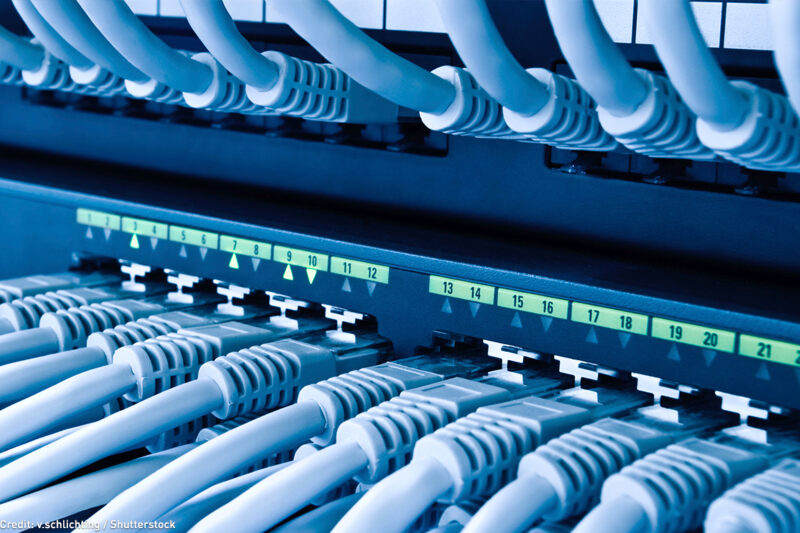The ACLU Is Joining With Allies to Fight Mega-Corporations in the Battle to Save Net Neutrality


On July 12, 2017, a diverse coalition of interested parties including the ACLU, Amazon, Etsy, Mozilla, Kickstarter, and many others will come together to sound the alarm about the Federal Communications Commission’s attack on net neutrality.
A free and open internet is vital for our democracy and for our daily lives. But the FCC is considering a proposal that threatens net neutrality — and therefore the internet as we know it.
Former Verizon lawyer and FCC Chairman Ajit Pai wants to reverse hard-won protections that cover millions of internet users’ access to a free and open web. Several years ago the ACLU helped win those network neutrality protections. Now, unfortunately, we need to fight the battle again. We’re ready.
“Network neutrality” is based on a simple premise: that the company that provides your Internet connection can't interfere with how you communicate over that connection. An Internet carrier’s job is to deliver data from its origin to its destination — not to block, slow down, or de-prioritize information because they don't like its content.
If the government abdicates its oversight responsibility, internet service providers like Time Warner, AT&T, Comcast, and Verizon could arbitrarily privilege some content and assign painfully slow connections to other. In other words, giant internet companies would have the power to prioritize what we read, watch, and explore online.
The internet service providers’ history of attempting to do such things is already well established. Before the FCC began enforcing net neutrality rules, Verizon Wireless in 2007 decided that text messages from pro-abortion-rights group NARAL to its supporters were too “controversial,” so it cut off access to the group’s text messaging program. AT&T limited users from exchanging data created using Apple’s FaceTime video-calling app. A Canadian internet service provider cut off access to the web site of a union it was battling over working conditions.
Pai’s plan opens the way for these kinds of games, and much more. It would likely mean the creation of pay-to-play data “fast lanes” for those who can afford it — and slower connections for everyone else. This could give these mega-corporations the role of gatekeepers over the information we consume every day. And they would work to squeeze profits out of that gatekeeper role every way they can.
Who would lose? Independent news outlets, start-up businesses, small blogs and other publishers, grassroots activist groups — and everyone else who uses the internet.
This would be devastating to civil rights organizations and activists, who can’t afford to pay corporations to make their voices heard. The internet has been a vital tool for scrappy campaigns and movements, but they may not have enough resources to survive in Chairman Pai’s pay-to-play model.
But on July 12th, the internet will come together to stop them. Organizations like the ACLU, Fight for the Future, Center for Media Justice, Free Press, Demand Progress, and so many others will stand tall and sound the alarm about the FCC’s attack on net neutrality.
This website will provide tools for everyone to make it super easy for your friends, family, and followers to take action.
We can’t let the FCC get away with this. In 2015, millions raised their voices to demand net neutrality protections and won. We can win again, and we must. The future of a free and open internet — and our fundamental freedoms — are at stake.
Learn more about the July 12 day of action here.

